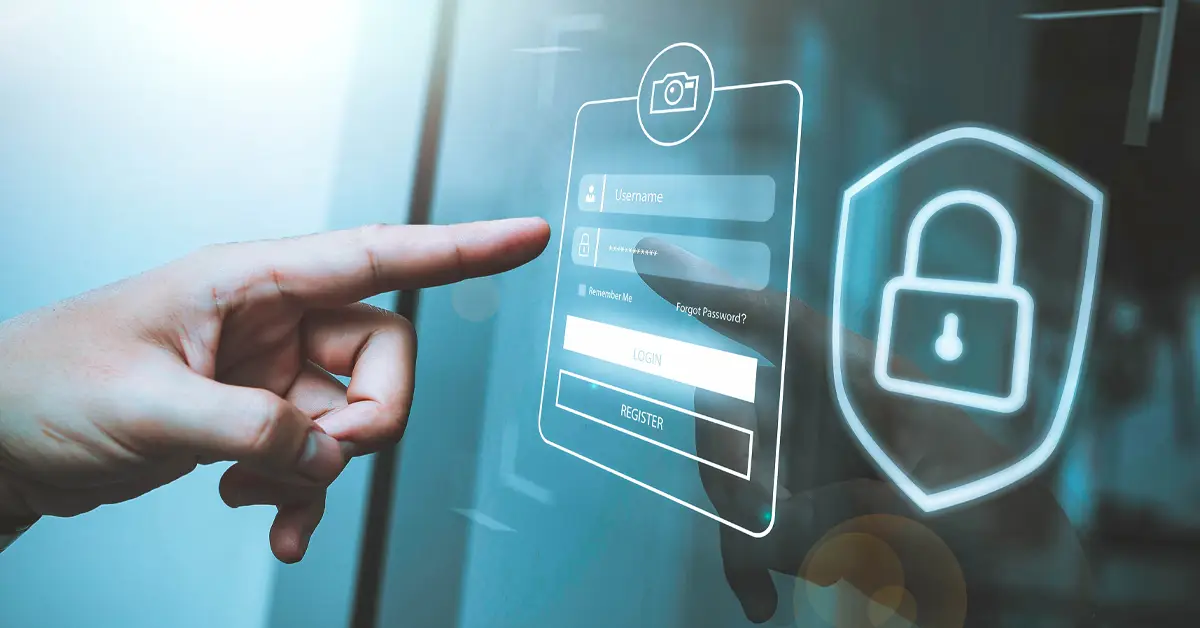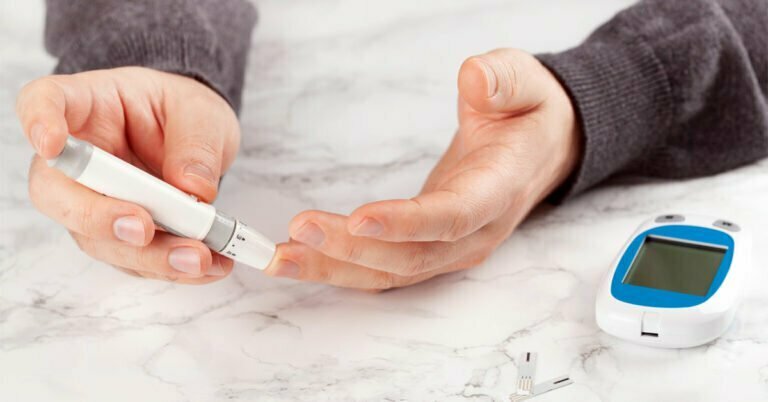As a healthcare provider (HCP), it is important to be mindful of the various cybersecurity threats that are lurking in the healthcare industry. These threats can come in many forms, such as malware, ransomware attacks, phishing attacks, and more. Hackers may try to gain access to electronic health records (EHR) or protected health information (PHI) in order to steal sensitive patient data or disrupt the operations of your healthcare organization. It’s important to stay vigilant and implement strong information security practices to protect against these threats and to ensure the confidentiality, integrity, and availability of your patient data. By taking proactive measures to secure your systems and educate your staff on best practices, you can protect your patients’ sensitive information and the reputation of your healthcare organization.
Here are five tips for optimal cybersecurity for HCPs: (1) Implement strong passwords and multi-factor authentication; (2) Conduct regular security assessments; (3) Educate and train employees; (4) Utilize secure communication channels; and (5) Implement data backup and recovery systems. By following these tips, health care organizations can significantly improve their cybersecurity posture and protect their organization, as well as the sensitive information in their care.
1. Implementing Strong Passwords and Multi-factor Authentication
For HCPs eager to improve their cybersecurity practices, implementing strong passwords and multi-factor authentication can be an effective step in safeguarding sensitive data.
With strong passwords, you can safeguard against unauthorized access to your systems and accounts. A compellingly complex string of letters, numbers and symbols must be chosen for maximum security; anything less may leave you vulnerable to cyber criminals. Moreover, it is wise to change passwords regularly and avoid sharing them with others.
Multi-factor authentication (also known as two-factor authentication) is an additional security measure that requires users to provide not only a password but also another form of identification, such as a security token or code sent to their phone. Multi-factor authentication helps ensure that only authorized individuals can access systems and accounts.
By implementing strong passwords and multi-factor authentication, HCPs can significantly improve their cybersecurity and protect against potential threats.
2. Conducting Regular Security Assessments
Conducting regular security assessments remains a critical component of ensuring optimal cybersecurity for HCPs. These assessments can help pinpoint vulnerabilities and deficiencies in a healthcare organization’s cyber security, as well as enabling them to take remedial measures prior to any potential attack.
In assessing the security condition of a healthcare organization, certain key areas should be given due consideration. These considerations are:
- Network and system security: This entails assessing the security of an organization’s computer systems, servers and other networked devices as well as that of the overall network infrastructure. Inspection may involve looking at firewalls, antivirus-suppression technologies and other safety measures in place.
- Data security: Healthcare organizations safeguard sensitive patient data, and it is imperative to ensure that this information remains protected from unauthorized access or alterations. Protective measures might involve regularly assessing the security of the organization’s data storage systems, as well as constantly verifying the security of data transmitted over the network or between systems.
- User access and authentication: Ensuring that only authorized users have access to sensitive data is an important part of maintaining cyber security in the healthcare industry. This might involve assessing the security of user accounts and passwords, as well as the security of other authentication methods such as multi-factor authentication.
- Physical security: Physical security is also an important factor in cybersecurity, as it can prevent unauthorized access to systems and data. Enhancing physical security might involve regularly assessing the security of the organization’s buildings and facilities, as well as the periodic validation security measures in place to prevent unauthorized access to computer systems and data storage devices.
3. Educate and Train Employees about Cyber Security Threats and Best Practices
Educating and training employees about cybersecurity threats and healthcare industry cybersecurity practices is crucial for maintaining optimal cybersecurity. HCPs handle sensitive patient data, including protected health information and medical records, so it’s important that staff members are aware of the potential threats to this information and how to protect against them.
Some examples of topics that employees should be educated about include:
- Identifying and avoiding phishing attacks and other forms of scams
- Using strong and unique passwords, and changing them regularly
- Protecting against malware and ransomware attacks
- Implementing multi-factor authentication for accessing systems and accounts
- Being aware of physical security risks, such as leaving devices unattended or sharing login information
By providing ongoing education and training to employees on these and other topics, HCPs can help to create a culture of security within their organization and reduce the risk of a data breach or other cyber-attack. Constant employee education is especially important in the fast-paced and constantly evolving world of technology, where new threats and technologies can emerge quickly. By staying informed and vigilant, HCPs can protect their patients’ sensitive information and the integrity of their health systems.
4. Utilizing Secure Community Channels
HCPs can leverage secure community channels and platforms to improve their cybersecurity and protect sensitive patient data. Some examples of such platforms include:
- Secure messaging platforms: Healthcare professionals can securely communicate with each other and their patients in an encrypted environment. This feature is particularly useful for exchanging sensitive information, such as credit card numbers or medical records – safeguarding privacy while providing security. End-to-end encryption is the best option.
- Virtual private networks (VPNs): VPNs provide an almost impenetrable, encrypted connection between a device and a network, enabling HCPs to gain remote access to patient information while still ensuring security.
- Encrypted email: Many HCPs use encrypted email to communicate with each other and with patients. This practice ensures that any information transmitted via email is secure and cannot be easily accessed by unauthorized individuals.
To effectively safeguard against cyberattacks, it is imperative to equip staff with security knowledge and implement access controls, and ensuring systems are regularly updated and patched to remain secure.
5. Implementing Data Backup and Recovery Systems
Implementing effective data backup and recovery systems is an important aspect of cyber security for HCPs. In the healthcare industry, it is essential to protect sensitive patient information from unauthorized access, as well as to ensure the availability of critical data in the event of a disaster or system failure.
There are several key considerations when implementing data backup and recovery systems in healthcare systems:
- Data backup frequency: Data should be periodically backed up to ensure that the most current version is available in case of a system breakdown. In the healthcare industry, this process may occur daily, weekly, or more frequently if desired.
- Data backup locations: It is essential to have multiple copies of data backups, securely stored in various locations to ensure that the information remains secure and accessible during things such as wide-spread natural disasters (hurricanes, earthquakes, etc.).
- Data backup formats: Different types of data may require different backup formats. For instance, an electronic medical record may be safeguarded in a database approach, whereas radiology images should be archived as separate files.
- Data recovery processes: It is critical to have well-established procedures in place for retrieving data in the event of an incident or malfunction that may result in a disaster. These procedures could involve restoring data from secure offsite backups and validating its integrity before allowing resumption use.
Overall, ensuring the security of healthcare systems necessitates that organizations implement robust data backup and recovery strategies. These strategies must be implemented effectively in order to ensure patient confidentiality while also safeguarding sensitive medical information.
DrKumo: An Exemplary Provider of Remote Patient Monitoring Powered by Robust Cybersecurity Framework
DrKumo is an exemplary provider of Remote Patient Monitoring (RPM) backed by optimal cybersecurity. DrKumo’s Cybersecurity Framework is based on National Institute of Standards and Technology (NIST), National Cybersecurity Center of Excellence (NCCoE), and Health Insurance Portability and Accountability Act. Hence, DrKumo ensures that all the data required for their services are accessed remotely through safe and secure channels. DrKumo’s top-notch security helps to ensure that any information transmitted through email is secure and cannot be accessed by unauthorized individuals.
Alongside other measures, such as training staff on security best practices, implementing access controls, and regularly updating and patching systems, it is an important part of a comprehensive cybersecurity strategy for HCPs to choose a partner that they can rely on to safeguard their patient’s data.
Conclusion
In conclusion, cybersecurity is an essential component of healthcare systems, as it is important to protect sensitive patient information from unauthorized access and ensure the availability of critical data in the event of a disaster or system failure. HCPs must implement multiple layers of security, including measures such as training staff on security best practices, implementing access controls, and regularly updating and patching systems to protect against potential threats. Furthermore, they must also implement effective data backup and recovery systems.
As a healthcare professional, it is important to ensure the privacy and security of patient data. Partnering with a reliable and trustworthy company like DrKumo can help accomplish this goal. Protecting patient information is a critical aspect of providing high-quality care and choosing a partner that has the necessary expertise and resources to secure patient data is essential.
By working with DrKumo, HCPs can have confidence that their patients’ data will be handled with the highest level of care and security through RPM. Contact DrKumo now to learn more!








